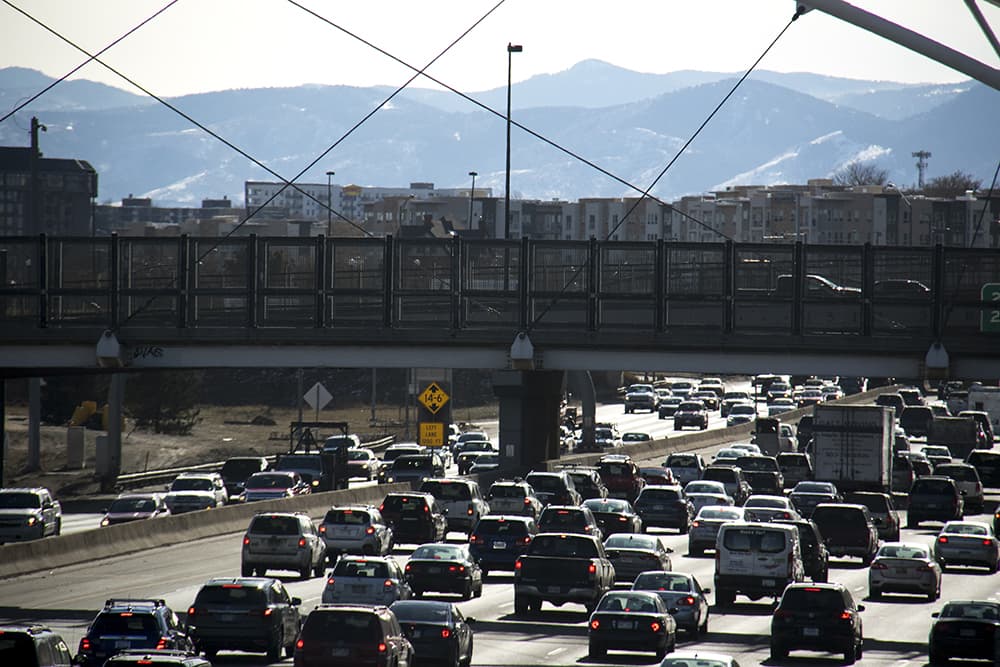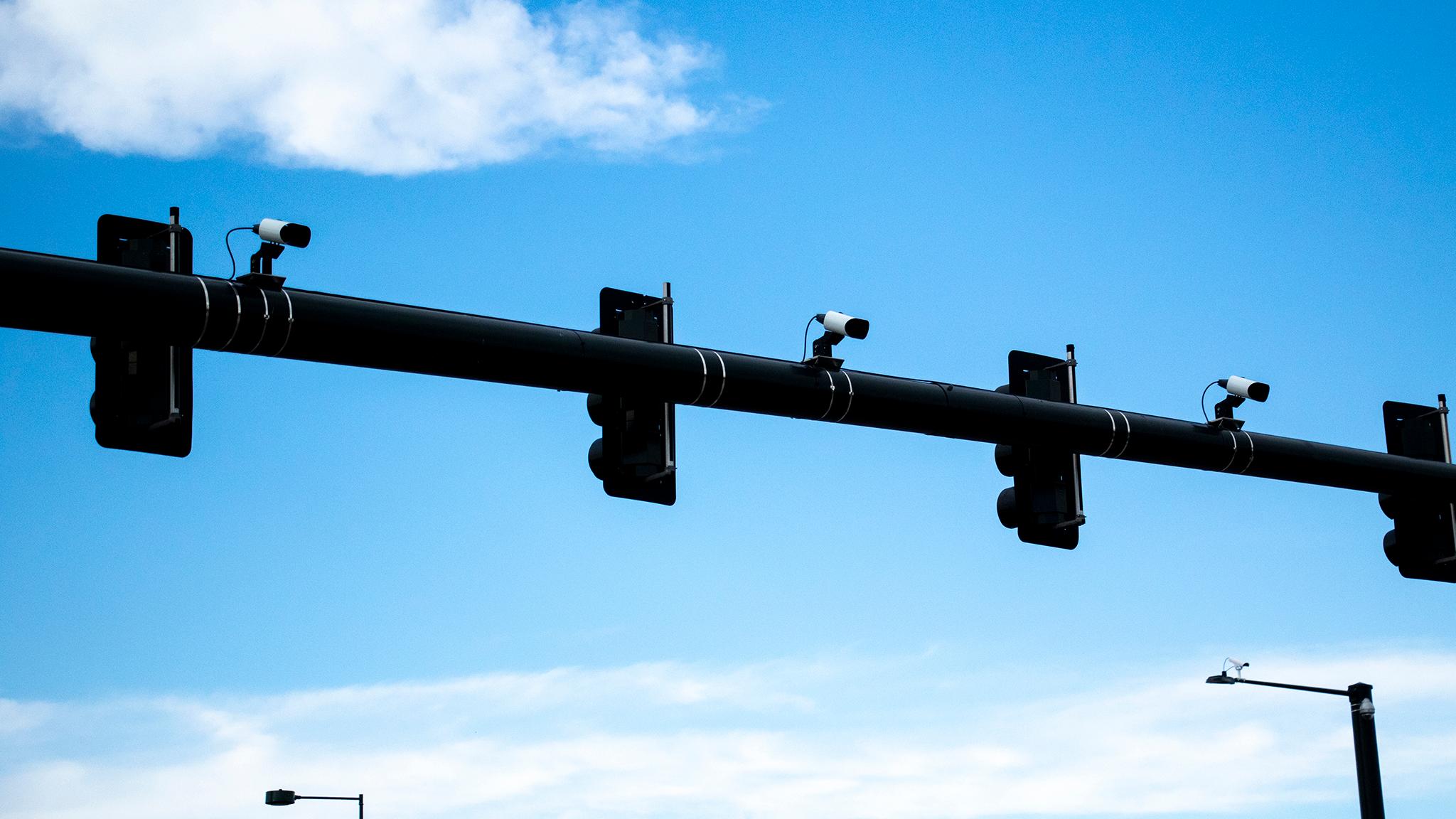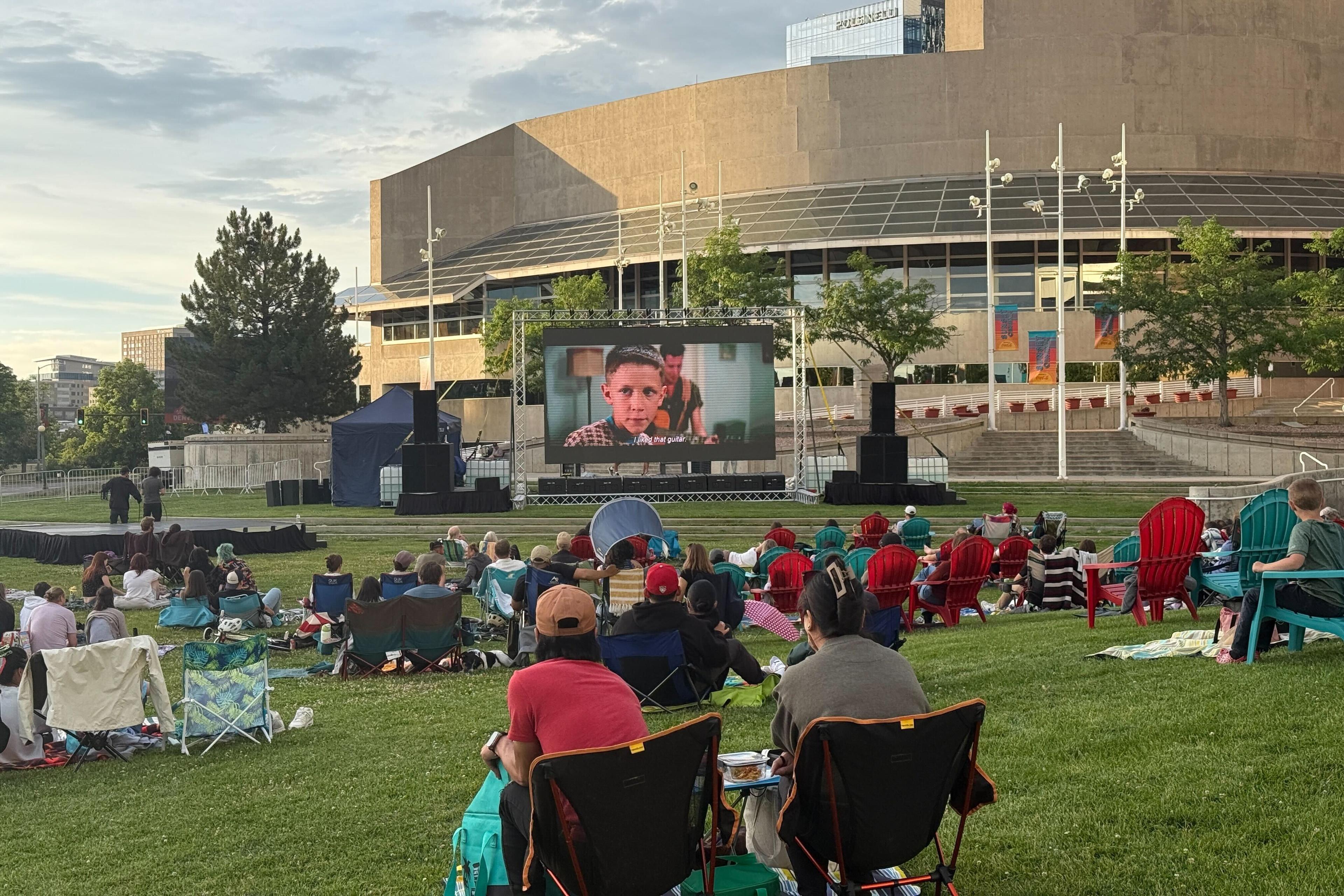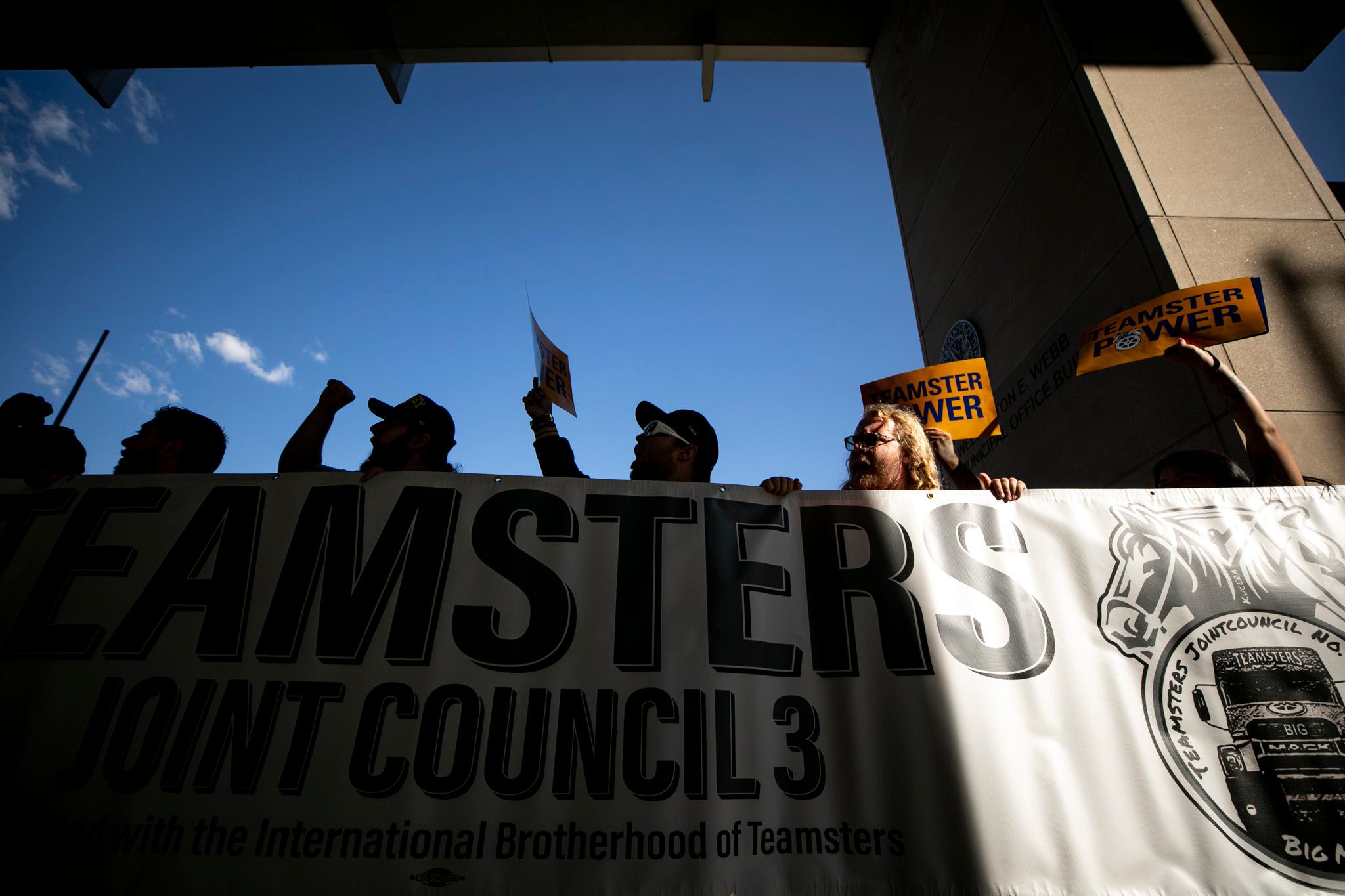Asked if he's prepared for the backlash from conservatives over a roads tax proposal introduced late Wednesday as a bipartisan compromise, Senate President Kevin Grantham said simply, "No."
Arapahoe County District Attorney George Brauchler, who is widely discussed as a Republican candidate for governor in 2018, tweeted, "If a 2/3rds of a BBBillion $ tax increase on Coloradans is compromise, what does surrender look like?"
House Minority Leader Patrick Neville was no more conciliatory.
"A $677 million dollar tax increase is not the solution to Colorado's problems and I will aggressively oppose the passage of this bill," he said in a statement. "I am very disappointed that House Republican leadership and the House Republican caucus was excluded from the discussions of this bill and expect significant opposition from House Republicans as a result."
Even Senate Republican leadership is not on board. Senate Majority Leader Chris Holbert tweeted that he's a "no" on this bill.
Grantham didn't try to sugarcoat what a bitter pill this transportation funding measure will be for Republicans who started the session saying they wanted a revenue-neutral proposal that would make significant cuts in other areas of the budget.
"This is going to be difficult for our side," he said. "There is no secret about that. And there are folks who are wanting to inflame the discussion because this is folks trying to solve the problem and here we are with a solution."
"If any governor candidates or any other candidates have a better solution, the first question is: where is it? where has it been?" Grantham added.
The Republican alternative has been to bond against existing revenues and make cuts in other parts of the budget.
HB 1242 is the result of months of negotiations between Grantham, Speaker of the House Crisanta Duran. The chairs of the House and Senate transportation committees, Rep. Diane Mitsch Bush, a Democrat from Steamboat Springs, and Sen. Randy Baumgardner, a Republican from Hot Sulphur Springs, are co-sponsors of the bill. If approved by the House and Senate, the bill would place a measure to increase the state sales tax on the November ballot and make a series of reductions in state vehicle registration fees, which have previously gone to fund transportation needs.
The bill calls for a 0.62 percent sales tax increase that would go into effect in 2018 and last for 20 years. The first $300 million each year would go to the state highway fund for use by CDOT. Of the remaining revenue, 70 percent would go to counties and municipalities and 30 percent would go to a new multimodal transportation options fund.
The bill also requires that $50 million a year in existing revenue to dedicated toward transportation bond programs. The new and existing revenue allows for bonding capacity of up to $3.5 billion. Duran said this dedication of existing funds is one of the things Democrats gave up in negotiations, but Republicans are mostly treating the large tax increase as a Democratic victory.
Grantham seemed to acknowledge that point to a degree.
"There's things in here the speaker and I arm-wrestled over, and she won more often than not," he said.
The whole bill is up for negotiation, of course. Mitsch Bush said it will be much easier to have those discussions with a concrete proposal on the table. Baumgardner said he doesn't think the final version will look too much different.
The bill also reduces vehicle registration fees for the 20-year period that the tax increase is in effect. Motorcycles would go from $16 to $6, small passenger vehicles would go from $23 to $9 and larger vehicles would go from $28 to $11. That takes about $75 million a year out of the $200 million FASTER program that's paid for with various vehicle fees.
Of course, any bill that passes the legislature still needs to go to the voters.
Colorado Politics reported that internal polling done by supporters of a tax measure doesn't look good. While 60 percent of those polled supported more money for transportation, 57 percent opposed the specific sales tax increase that's included in the bill. Respondents also opposed alternatives like raising the gas tax or raising the sales tax more while decreasing the gas tax.
It's generally considered a pretty bad sign when opposition is that high before something gets on the ballot and before there's even a significant campaign against it. And it's consistent with the difficult history on this issue: Colorado voters have generally not gone for tax increases for roads, but they have approved bonding measures.
"We just have to make the case to the voters," Duran said.
"For people stuck in traffic right now, they know the issues are real," she said. "For people who are driving down the road and hit a pot hole and it causes $300 worth of damage to their car, they know the issues are real."












